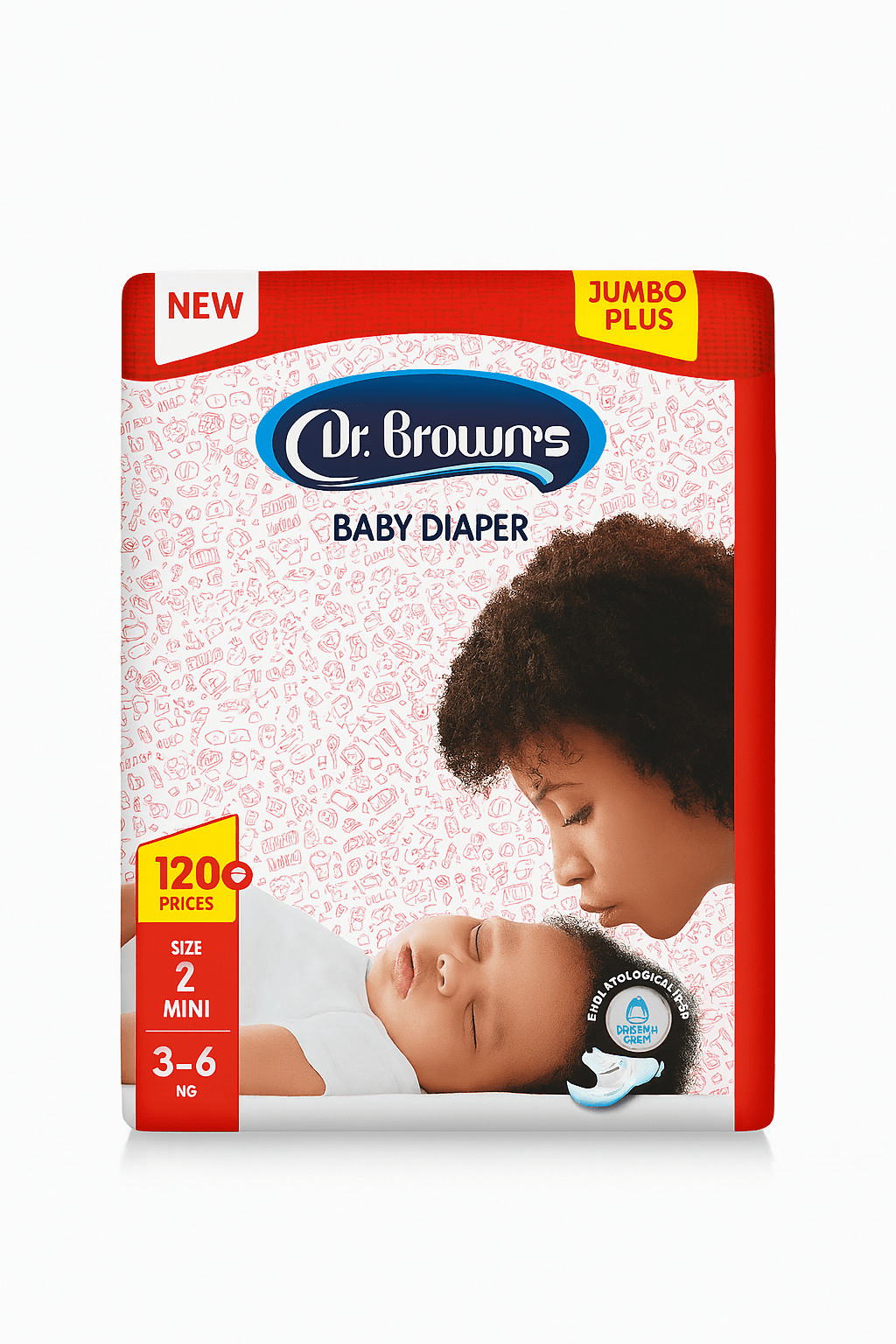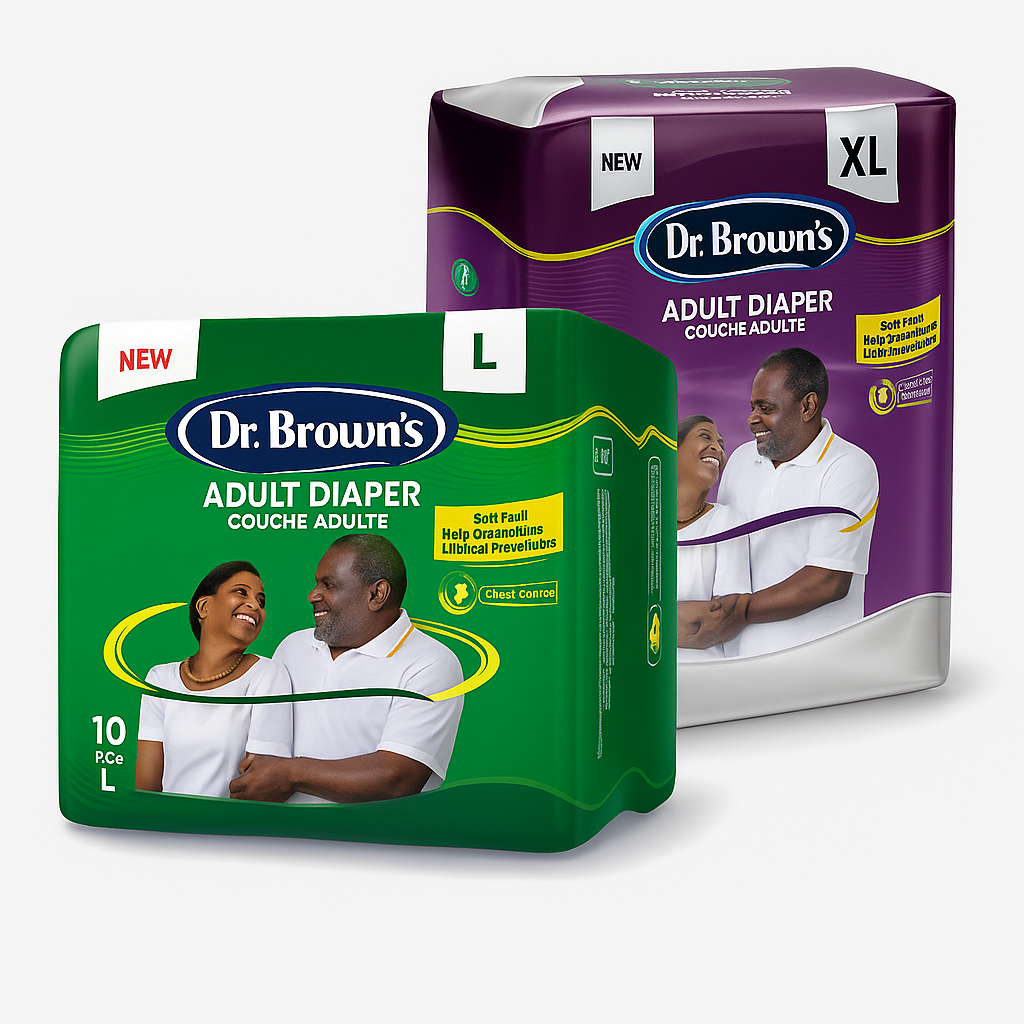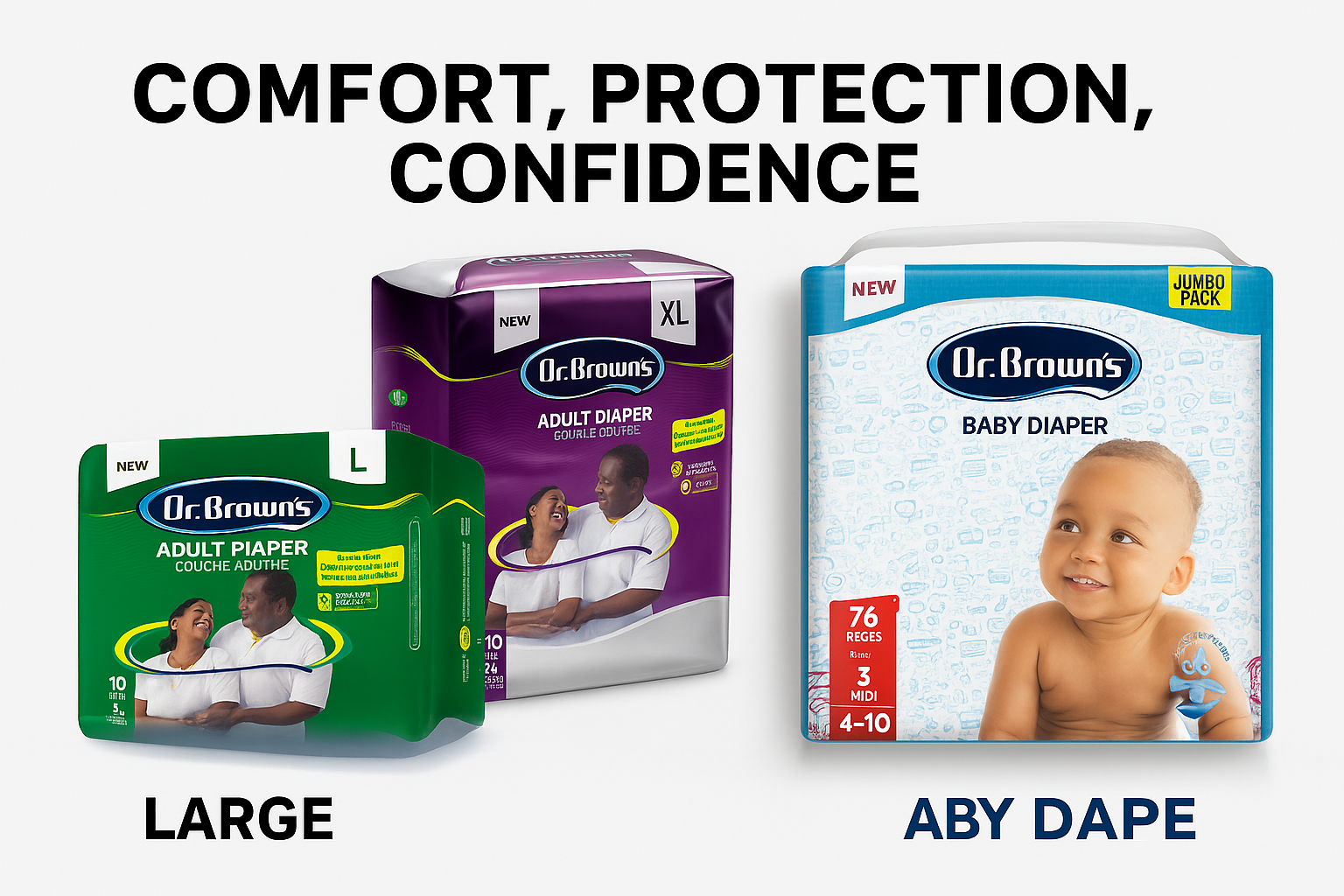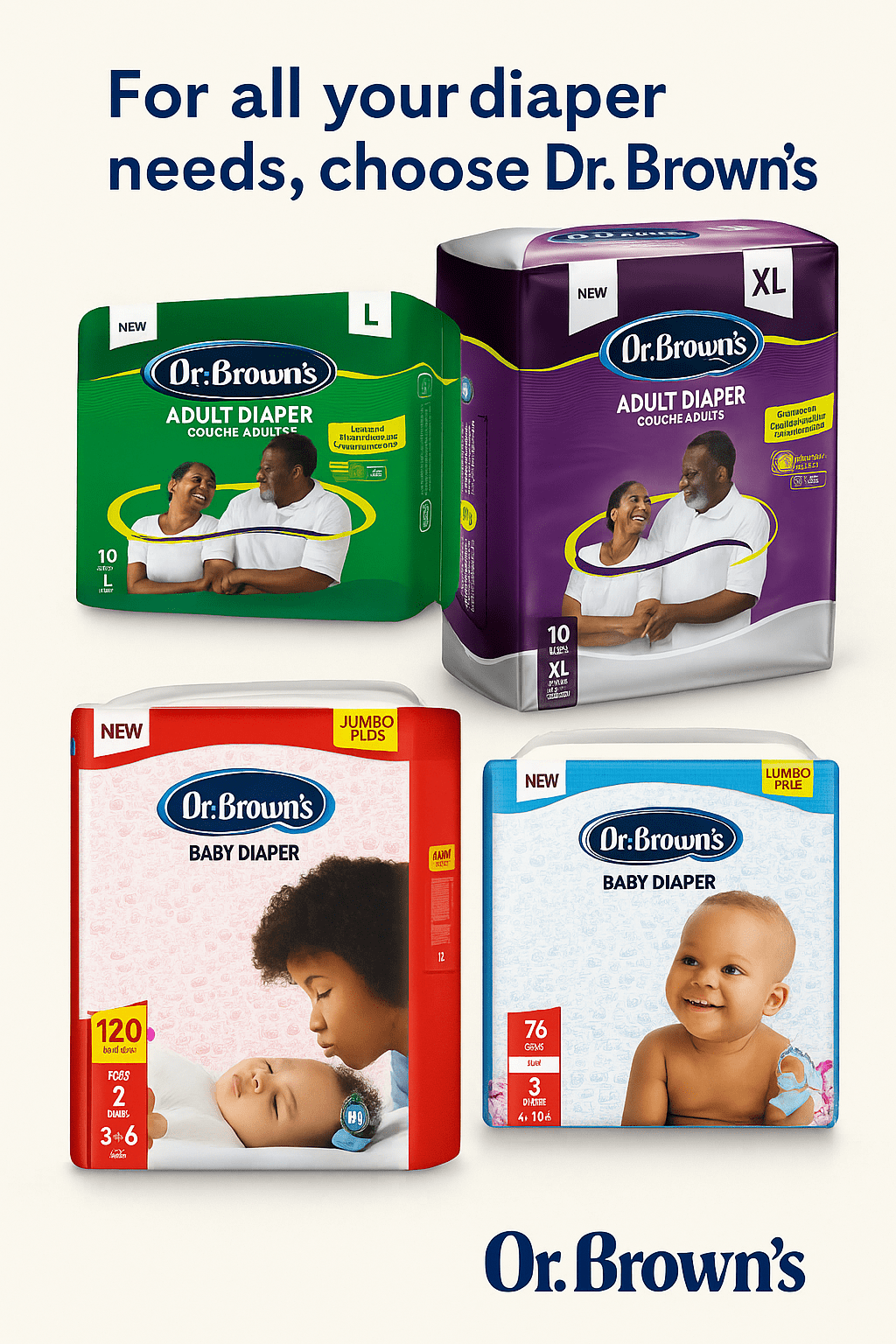How To Export Beauty Products: The Complete Guide for Nigerian Entrepreneurs
How To Export Beauty Products: The Complete Guide for Nigerian Entrepreneurs
Nigeria has been ranked as the 16th largest beauty market in the world by Euromonitor International. With a population of 191 million, Nigeria is a thriving country that’s only going to grow even more with time. And with Nigerians being some of the most interested consumers in beauty products, it’s no wonder that many Nigerian entrepreneurs have wanted to export their beauty products to Nigeria and other countries. However, exporting isn’t as simple as it may seem. There are plenty of regulations and other barriers to take into consideration before exporting. Here, is how you can successfully export your beauty products to Nigeria and other markets internationally.
What is Beauty-Product Exporting?
Beauty-product exporting is the process of shipping your beauty products to an international market for sale. It can be done through a few different methods. There is the more traditional method of shipping with a freight forwarder, which will take care of all the paperwork for you. Freight forwarders are companies that specialize in international shipping, allowing you to ship your goods to their HQ before they are shipped to their destination.
The other option is to export without a freight forwarder, which means you are responsible for all the paperwork needed. You will have to fill out various customs forms, have your products inspected by customs, and pay taxes on your shipment.
The main difference between these two methods is that with a freight forwarder, you don’t have to worry about customs forms or inspections at all, but you do have to pay customs taxes on the shipment. The other option is that if you export without a freight forwarder, you will need to fill out customs forms, but you won’t have to pay the taxes since the burden of paying taxes falls on the buyer.
The Requirements of Beauty-Product Exporters
If you want to export beauty products to Nigeria and other countries, you have to be aware of all the requirements. You’ll have to be a resident in Nigeria or a Nigerian company with a representative office in Nigeria. Furthermore, you’ll need a valid Nigerian company registration certificate. You will also be required to register your company with the Nigerian Bureau of Statistics. This is not all—there are various other requirements that any beauty-product exporter to Nigeria and other countries should know.
For example, Nigerian law requires that any beauty product imported into the country must comply with the Nigerian Maximum Residue Limit (MRL) Standards. The Nigerian MRL Standards govern how much of a particular chemical can remain in a product before it is deemed unsafe and cannot be imported.
You’ll need to know all the rules and regulations before exporting your product. This way, you can make sure you’re following all the guidelines and that you’re not breaking any laws. You should also know which countries you’re allowed to export your products to and if there are any restrictions.
You will also want to get customer information before exporting your products. This way, you can learn about their preferences and what they expect from your brand. You can use this information to
How to Find the Right Customers
Identifying your customer base is one of the most important things to do when you want to export beauty products. If you’re a certain type of beauty product, you need to find a customer base that’s the same, or your product won’t do well at all.
For example, if you have a product that caters to people who have a lighter skin tone, you need to find a customer base that is also light-skinned. The same goes for products that cater to people with darker skin tones.
Shipping and Taxes
In the Nigerian market, there are a variety of restrictions that you need to take into consideration before exporting. There are different tariff rates for different products, and the country has been charging a higher import duty of up to 20%. In Nigeria, there is a preferential tariff rate for cosmetic products coming from the EU, which is 12%. However, there are also a variety of restrictions or requirements on what can be imported depending on the type of product. For example, if you’re importing a cosmetic product, you will need a drug license.
Overall though, there is no specific legislation that affects beauty products. In some cases, beauty product imports into Nigeria may be subject to import duties as well as other taxes that the importing country imposes. It’s important to do some research on these fees and clear them with your Nigerian partner before you start importing.
In addition to shipping and taxes, it’s also important to consider shipping time and costs as well as the safety of the product during transit. For example, you’ll want to make sure your packaging is sufficient to prevent any rough handling of your products. For certain products, you may need to provide a certificate of origin to make sure your products are safe and meet
Other Considerations for Beauty-Product Exporters
As a beauty-product entrepreneur, you’ll need to consider a few things before you export.
First, if you’re going to export internationally, you’ll need to investigate the export policies on your products. In some cases, exporting your product might require a license from the Nigerian Customs Service or from other government agencies.
In addition, you’ll need to find out if your products are on any of the restricted lists. This is a list of products that Nigerian Customs Service does not allow to enter the country.
Furthermore, you’ll need a certificate of origin for each shipment that leaves Nigeria. This certificate certifies that your product is going to a foreign destination and outlines the value of the shipment.
Additionally, if you’re going to have a warehouse in Nigeria, you’ll need to find out about any taxes or other regulatory requirements for storing goods in the country.
And lastly, as an entrepreneur, it’s important to know about currency restrictions so you can avoid heavy penalties from exporting currency illegally.
In conclusion, before exporting your beauty products internationally, it’s important to take into consideration a few things. From regulations and licenses to making sure that your products aren’t on a restricted list or that they don’t have a
Conclusion
The beauty industry is booming in Nigeria, so it’s no wonder that many Nigerian entrepreneurs want to export their beauty products to Nigeria. However, there are plenty of regulations and barriers that come with exporting.
One of the most important steps is to create an export plan for your beauty products. This isn’t just a plan for exporting your products, but also includes a plan of how to manage them once they’re distributed in Nigeria or another market. You need to make sure you can keep up with the demand for your products.
This plan should include the cost of the product, how you will ship it, how you will manage it in Nigeria, and who will be responsible for the product once it arrives in Nigeria.
The next step is to work with a logistics company that can help you ship your products. You should work with a logistics company that has experience in shipping beauty products internationally.
The last step is to work with distributors in Nigeria or another country. You will want to work with distributors who are experienced in selling your type of product and who can help you grow your brand internationally.
Before exporting any beauty products, it’s important to find out if it is allowed in the country you want to export







LEAVE A COMMENT
You must be logged in to post a comment.